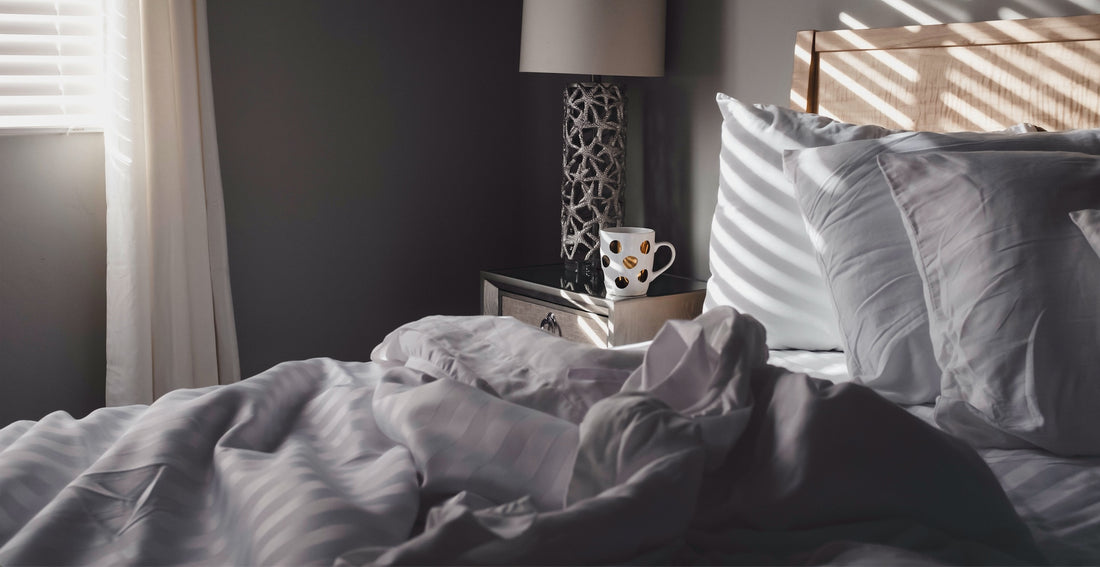
Information overload? Go to bed!
HOW SLEEP HELPS TO WEED OUT IRRELEVANT INFORMATION
Modern technology has many benefits but it can be bad for our brains. Every day we receive information not only face-to-face at work or with friends, but through our smart phones and computers. Facebook, Twitter and online platforms constantly feed us with fact and pseudo facts forcing our brains to multi-task.
Even though multi-tasking has at times been hailed as productivity the contrary is actually true, by multi-tasking we are making our brains less efficient. It increases the production of the stress hormone cortisol as well as the fight-or-flight hormone adrenaline, which in turn can overstimulate our brains and cause mental fog or impair our rational thinking.
A dopamine-addiction feedback loop is created when we multi-taski, effectively the brain is rewarded for losing focus and for constantly searching for external stimulation. Another risk of modern technology and of multi-tasking is information over-load. We are bombarded with so much data and input that our brain no longer can process it all.
So what can we do to counter the negative effects of our modern day life? The answer is easy, go to bed! Neurocognitive functions like short-term memory and complex mental tasks that require multi-tasking are particularly vulnerable to sleep loss.
When we sleep the memory performs a cleaning shift. The neural connections that collect important data are strengthened and those created from irrelevant information are weakened until they disappear.
This essential cleaning process, which takes place during our slow wave sleep, is the key for avoiding a brain overload as most of the information we receive each day actually is irrelevant and it makes no sense to keep it. The brain has a huge capacity for storing information but it requires a lot of energy. Even with a selective storage of data our brains actually spends 20% of the calories we consume.
So the most efficient thing to do is not multi-tasking, it's actually sleeping!
Discover what ultimate sleep comfort feels like with Dagsmejan. Twice as soft as cotton, scientifically proven to help you sleep longer and deeper.

Sources: Ana González-Rueda, Victor Pedrosa, Rachael C. Feord, Claudia Clopath, Ole Paulsen. Activity-Dependent Downscaling of Subthreshold Synaptic Inputs during Slow-Wave-Sleep-like Activity In Vivo. https://www.theguardian.com/science/2015/jan/18/modern-world-bad-for-brain-daniel-j-levitin-organized-mind-information-overload






